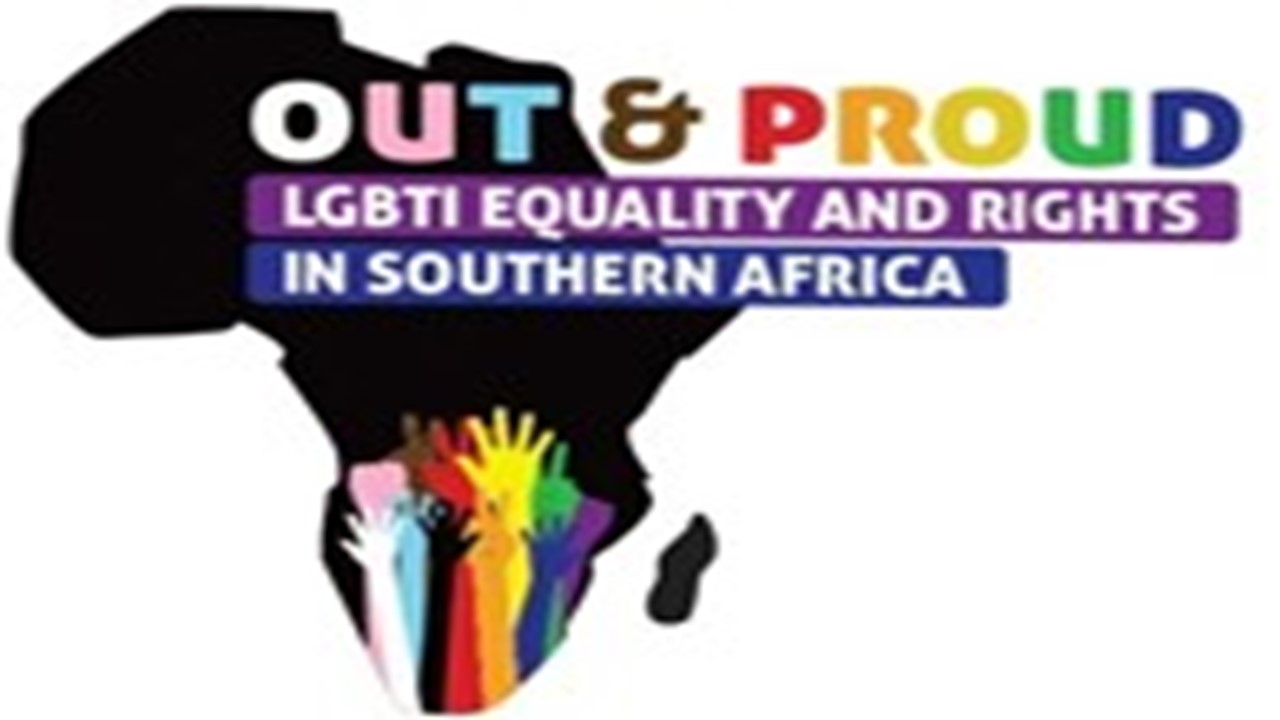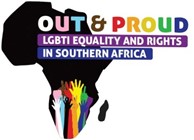
The Out and Proud Project seeks to improve the legislative frameworks and non-discriminatory environment for Lesbian, Gay, Bisexual, Transgender and Intersex persons in Southern Africa. Its implementation covers the 3 countries (Malawi, Zimbabwe and Eswatini) strengthening the capacities of and opportunities for LGBTI community and Human Right Defenders in these countries. TREAT is piloting the project in Zimbabwe. The project seeks to advocate for the rights and fight discrimination against the LGBTI persons within these 3 contexts.
The ICCPR is an international convention that seeks to uphold civil and political rights for all, of which the implementation is monitored by the Human Rights Committee. Zimbabwe has affirmed its commitment to filling this convention by signing and ratifying the convention in 1996. Part of the country’s commitment to fulfilling the obligations of this convention is that it must submit to a periodic review by the Human Rights Committee on its progress in achieving the aim of the convention. Stakeholders such as civil society organisations may participate in this process by submitting evidence-based reports and queries to the Human Rights Committee, which (if accepted), will form part of the List of Issues Prior to Reporting (LOIPR). The main idea of the LOIPR is that the State is now obligated to reply to the questions in the document that was adopted by the Human Rights Committee. Civil society can do the same, in an alternative report. These replies will then form the basis of the review that will take place in a few years’ time.
TREAT, though the support of the Out and Proud Project, made a submission to the Human Rights Committee for the Zimbabwe periodic review of 2020. This submission was derived through a consultative process which consisted of focus group discussions with community members, and civil society organisations which included but were not limited to LGBTI organisations.
The Human Rights Committee accepted the report, and noted the following issues to be addressed in the Zimbabwe country review:
- LGBTI persons in Zimbabwe experience a climate of intimidation, stigma and discrimination which may exclude them from society, affect their access to public services and job opportunities. Numerous LGBTI persons have lost their jobs, been expelled from education or been evicted once their sexual orientation has been revealed. During the discussions held with members of the LGBTI community in preparation of this report in July 2020, stigma and discrimination were highlighted as major issues of concern. Public attitudes towards LGBTI persons are generally intolerant, thus LGBTI persons generally do not openly express their sexuality or gender identity in their workplaces, or within their families. Some authorities are also reported to arbitrarily harass LGBTI persons on the grounds of indecency and public order offences.
- Criminalization of same sex relations creates a hostile environment for LGBTI people and has a hampering effect on national initiatives for the realisation of health related development goals for the nation. This factor coupled with religious leader’s rhetoric, which singles out and targets LGBTI communities specifically, further exacerbates this. In addition, criminalisation of same sex relations ultimately has a severe negative effect on the mental health of the LGBTI community, which often results in depression, anxiety, substance abuse and suicidal ideation. Lastly, laws and policies which are not LGBTI inclusive, further alienate them from full and active citizenry. The decriminalisation of same sex relations is one of the key recommendations for Zimbabwe.
- Trans and intersex individuals have faced numerous challenges, the lack of accurate and timely data on Trans* identities and intersex persons makes them “invisible” and exacerbates their vulnerability. The issue of Gender markers continues to be an issue for the transgender community. For as long as gender markers are disregarded, the transgender and intersex community continue to be side-lined and made to feel like they have no place in society, which contributes to the existing stigma and discrimination they already face. Which explains the high level of stigma and discrimination faced. There is currently no legislation regarding gender identity and transgender people are not legally acknowledged.
- Hate crimes have continued unabated in Zimbabwe and this is evidenced by the September 2018 incident at which, a teacher at a Harare school who came out as gay resigned after he received death threats from members of the public over his sexual orientation. Also, violence against the LGBTI community has continued without any justice served.
- The current Zimbabwean human rights landscape is under scrutiny due to tensions evidenced by the recent clampdowns of protests against the corruption and human rights violations perpetrated in the name of COVID 19 response restrictions. Generally, the right to demonstrate has usually been politicised or viewed as anti-government protests which has also affected the already discriminated LGBTI serving organisations in terms of visibility and opportunity to highlight the disproportionate experiences of their communities during this period. The government of Zimbabwe recently enacted the Maintenance of Peace and Order (MOPA) which regulates people’s rights to protest. Section 2 of MOPA speaks, on most provisions that rehash that of the Public Order and Security Act (POSA). It reconstitutes the conflation of public demonstrations and public meetings under the moniker of public gatherings. This ensures the police maintain their regulatory powers over the assemblage of both a demonstrative and deliberative nature. This conflation also allows the risks normally associated with violent protests to be used as a basis for regulating public meetings. It increases the scope of government powers whilst restricting the exercise of fundamental freedoms. While this may seek to promote public order it also restricts LGBTI serving organisations from highlighting the plight of their constituents relating to the violence and discriminatory practices faced by the LGBTI persons in their harsh, lived realities as citizens who are minimalised. This with the backdrop of raids of LGBTI gatherings and visibility initiatives under the previous administration.
It is on this background that the Human Rights Committee will engage with the Zimbabwe’s government on its plans to address these issues. It will also encourage the Zimbabwean government to work in collaboration with LGBTQI+ organisations to guide its process in ensuring it meets its ICCPR obligations.
Issued by: Trans Research Education Advocacy Training Trust (TREAT)




